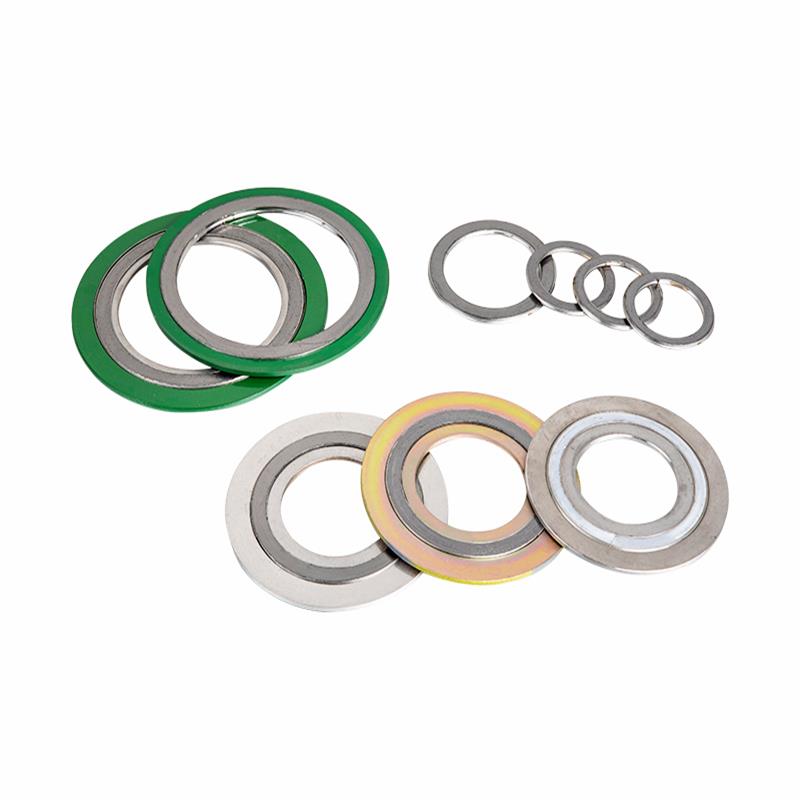Characteristics of Rubber Gaskets
Rubber gaskets are sealing devices made from elastomeric materials such as natural rubber, neoprene, silicone, EPDM, and many other types of synthetic rubber. They are designed to provide a tight, leak-proof seal between two surfaces. Rubber gaskets can be found in a wide range of applications, including automotive engines, pipelines, HVAC systems, hydraulic and pneumatic systems, electrical enclosures, and many more.
Rubber gaskets are typically made by cutting or molding a piece of rubber into the desired shape and size. They may also be coated with an adhesive backing to help hold them in place during installation. Some rubber gaskets are designed with specific features such as ridges or grooves to help increase their sealing performance.
Rubber gaskets are known for their unique set of characteristics that make them an ideal choice for a variety of applications. Here are some of the key characteristics of rubber gaskets:
1. Flexibility: Rubber gaskets are highly flexible and can conform to the shape of the surfaces they are sealing. This allows them to create a tight and effective seal.
2. Resilience: Rubber gaskets are very resilient and can withstand high levels of pressure, temperature, and stress without cracking or breaking.
3. Chemical resistance: Rubber gaskets are resistant to a wide range of chemicals, oils, and fluids, making them ideal for use in industrial applications where exposure to these substances is common.
4. Heat resistance: Many rubber gaskets can withstand high temperatures without losing their shape or functionality. Some types of rubber, such as silicone, can withstand temperatures up to 600°F (316°C).
5. Electrical insulation: Some rubber gaskets are designed to provide electrical insulation, which makes them ideal for use in electrical enclosures and other applications where electrical current is present.
6. Cost-effective: Rubber gaskets are often a more cost-effective option compared to other types of gaskets, such as metal or composite gaskets.
7. Easy to install: Rubber gaskets are easy to install and can be cut to fit a variety of shapes and sizes.
One of the key advantages of rubber gaskets is their flexibility, which allows them to conform to the surfaces they are sealing. This flexibility also makes them resistant to cracking and breaking, even under high levels of stress and pressure. Rubber gaskets are also resistant to a wide range of chemicals and fluids, making them suitable for use in harsh environments.
Rubber gaskets are a highly versatile and effective sealing solution that offers a range of benefits for a variety of applications. Rubber gaskets are an essential component in many industrial applications, providing reliable and effective sealing solutions to help prevent leaks and ensure optimal performance of equipment and systems.

 English
English CHINESE
CHINESE Espana
Espana Arab
Arab Language
Language


